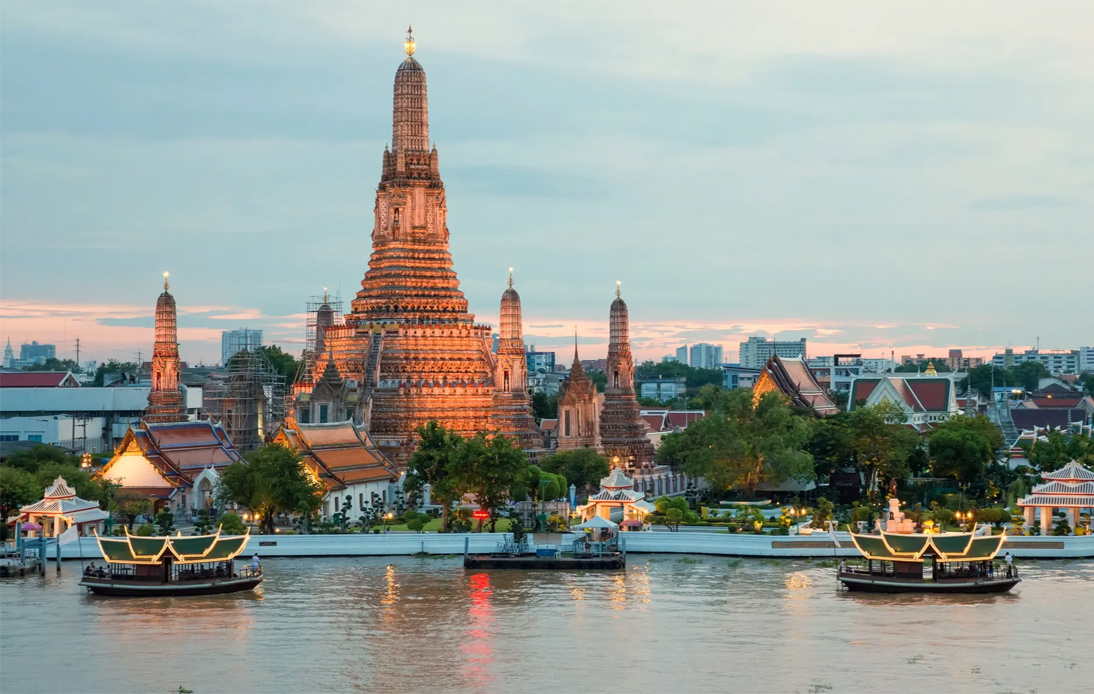
Thailand is preparing to take its film industry to the next level by planning to establish the Thailand Creative and Cultural Agency, which will be supported by a budget of THB 7 billion ($200 million).
Renowned as a popular shooting location for productions from Hollywood, China, and India, and currently hosting the production of ‘The White Lotus’ Season 3, Thailand has all the essential elements to develop into a major film industry hub.
The country boasts a variety of shooting locations, talented crews, modern studio facilities, and a scheme to incentivize location production.
However, its potential has been somewhat limited by a tendency to view film primarily as a means to bolster tourism, a stagnating domestic box office, and restrictive censorship practices.
The current civilian government views culture as essential and is dedicating efforts to enhance various sectors through “soft power” strategies, including Thai food, music, dance, and Muay Thai boxing, among others.
The Thailand Creative and Cultural Agency (THACCA) is slated to commence operations by mid-2025, pending parliament approval and funding from several ministries, as shared by Dr. Surapong Suebwonglee, director and secretary of the National Soft Power Strategy Committee.
A subcommittee led by Paetontarn Shinawatra, which reports directly to the prime minister, has already been granted authority to begin the reform of the feature film and long-form documentary industry.
Anticipated reforms aim to ease censorship, streamline the process for securing shooting locations and permits, and introduce a more substantial rebate program for foreign productions, along with support for the local film industry.
“Canada, Romania, and Iceland have rebate systems in place. Japan is now offering 50%, India is offering 40%. We need to get Thailand’s to 30%,” Mr. Chalermchatri Yukol, chairman of the National Soft Power Development Subcommittee, stated.
“But first, we need to prove that it works. We need it to grow with the industry,” he added.
Currently, Thailand’s rebate program provides a 15% rebate, with an additional 5% for projects significantly involving local resources, although it has been limited to a maximum of $2.25 million.
Efforts are underway to collaborate with top talents from Korea, Taiwan, and the U.S., with plans to establish a co-production fund next year, according to Mr. Yukol.
There’s also a focus on nurturing a diverse range of domestic productions capable of achieving international acclaim, including festival selections, works by new directors, and initiatives like a children’s film foundation.
Regarding censorship, a move towards a more balanced committee composition has been made, now favoring industry professionals over government officials.
The ultimate goal is to shift from censorship to a rating system, embracing a global perspective that transcends cultural boundaries, as Mr. Yukol noted.




















